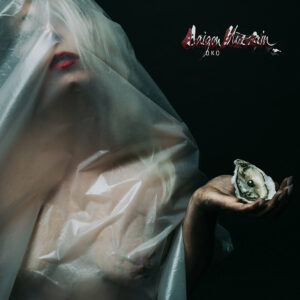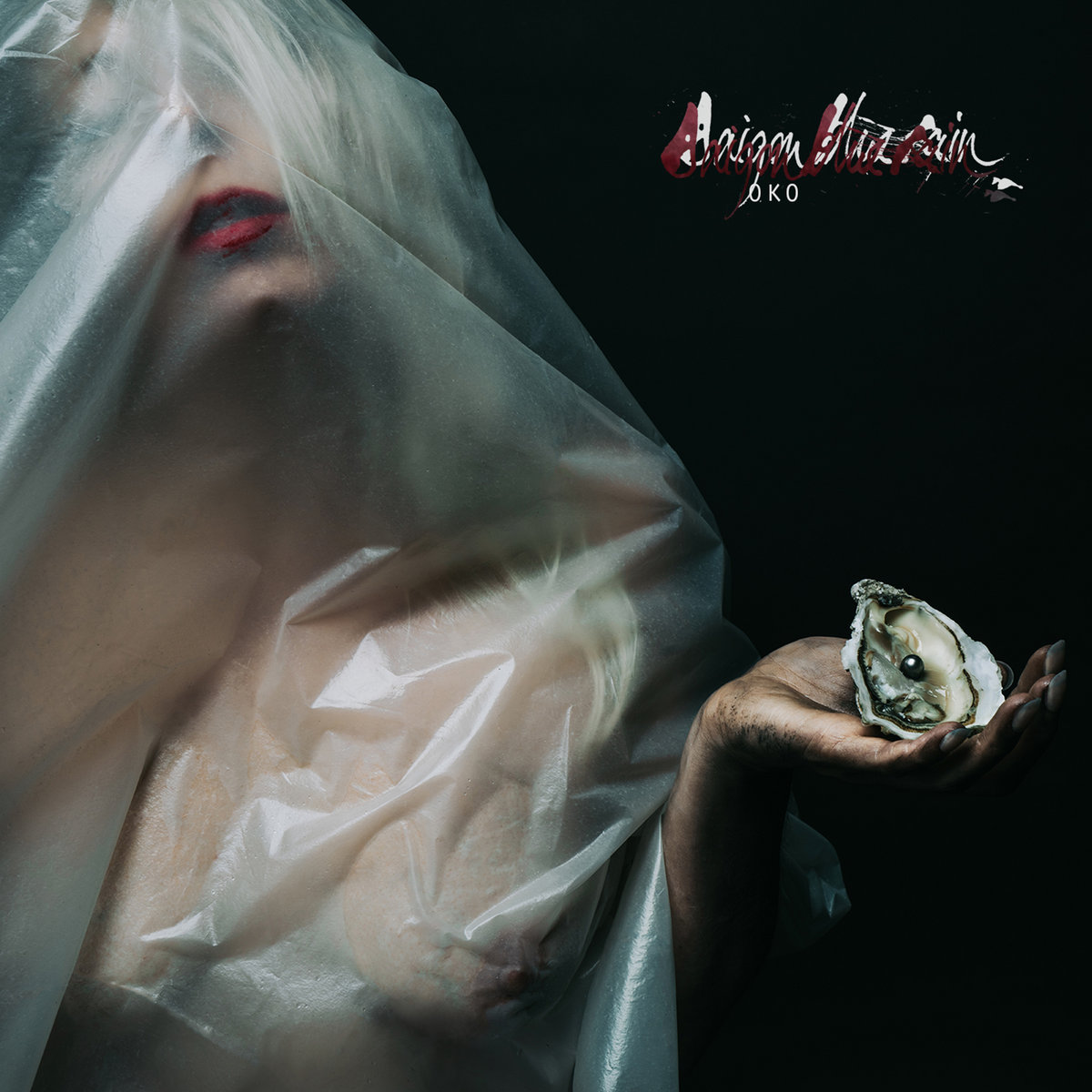
Saigon Blue Rain
OKO
Icy Cold Records
Even if you weren’t familiar with their extant discography, Saigon Blue Rain’s evocative moniker, Parisian pedigree, and the album art of fourth LP OKO should be enough to clue even the most casual of listeners into the duo’s appreciation for classic coldwave. Their talent for bringing swooning, ethereal melodies and smeared pastel harmonics to that genre made preceding LP Pink Obsession a low-key favourite around the HQ, but OKO makes some radical departures from that mood.
The abrupt shift from the layers of poetic imagery and sliding pads which comprise prelude track “Seul Au Milieu Des Miroirs” to the overt dancefloor stomp of “The Mort” makes OKO‘s ambitions clear: it’s a record which is taking a cue from au courant darkwave, with an eye to direct and heavy rhythms. There are several moments on the record where this pays off nicely: the weighty bass of “Visions” lends some gothic oomph to the record, and the bright and rubbery lope of “Dolls Dresses” delivers a glittering, funhouse mirror fantastia. However, other tracks do neither Ophélie Lecomte’s vocals nor the band’s idiosyncratic instrumentation (upon which a good deal of their charm depends) any favours. The little synth patinas tucked into the corners of “The Mort” are pushed to the corners of the track for the sake of its dancefloor ambitions, and the Boy Harsher-styled synth programming of the title track feels calculated.
OKO is at its best when its more direct (or simply louder) moments feel earned and built towards, rather than tossed directly at the listener. When the pensive first half of “Pantomime” opens into a rich, AM radio sunset chorus with intertwined guitar and ascending synth, the interplay of Lecomte’s vocals and the instrumentation pays off dividends because of the tune’s previous restraint. The dramatic slow-burn of closer “Le Mal Secret” makes the most of weaving guitar solos, explosive drum fills, and Lecomte’s voice piece by piece into a grand and atmospheric show-stopper.
The ascent of modern, club-focused darkwave in recent years has helped to introduce plenty of new listeners to the broader world of dark music, and has served as a midway point for the old goth/industrial divide. But in offering that approachable middle ground, it can also draw listeners and musicians alike away from the more niche or personal sounds which built the genre’s cachet in the first place. While OKO doesn’t completely give itself over to this temptation, its missteps are made more obvious in contrast to Saigon Blue Rain’s unique and pre-existing strengths.





